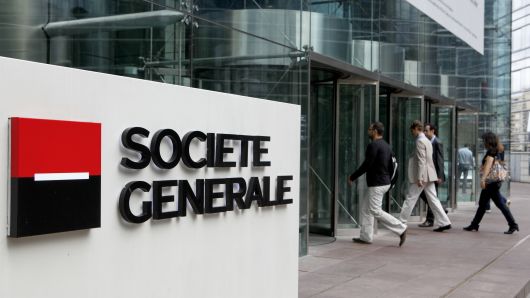OFAC’s Interpretive Guidance Can Prove Dated
OFAC has an apparent unease with publishing interpretive guidance outlining the scope of the sanctions regulations that it administers. Go to OFAC’s website, for instance, and prepare to be disappointed: most U.S. sanctions programs have no published interpretive guidance regarding the application of their prohibitions, while others have limited (and, as I will explain shortly, dated) guidance that proves of little response to the most enduring questions (e.g., the scope of prohibited facilitation).
Some have argued that, in doing so, OFAC maintains “constructive ambiguity” as to the scope and application of certain U.S. sanctions prohibitions. In this manner, OFAC is able to effectively bar a wider berth of transactions than those specifically targeted by its regulations, as ambiguities as to the scope of its regulations forces U.S. parties to adopt the broadest possible interpretation so as to limit their exposure to U.S. sanctions. Others contest whether such ambiguities are “constructive”, insofar as U.S. sanctions prohibitions are intended to bar certain activities and not others. If, for instance, OFAC is being deliberately ambiguous as to the scope of those prohibitions, the effect might be to dissuade parties from engaging in transactions that are not just non-sanctionable but that also might serve certain underlying U.S. interests.
Regardless of where readers come out on this matter, though, I think one thing we can all agree on is that the interpretive guidance that OFAC does publish should be consistent with current U.S. policy. That, however, is not always the case.
Take the following interpretive guidance published in 2003 and maintained on OFAC’s Iran sanctions webpage since that time. Responsive to a request for specific license authorization for a U.S. person to conduct surveys and in-depth interviews with persons in Iran, OFAC states that “the proposed conduct of surveys and interviews in Iran constitutes a prohibited export of services to Iran.”
What is more troubling, though, is the next line: “As it would be contrary to current U.S. Government policy to issue a license authorizing such an export of services, your application is hereby denied.”
This may well have been the case back in 2003 – though I am unclear as to what policy considerations would have led to OFAC denying license requests for U.S. persons to conduct polls and interviews in Iran – but it is certainly no longer true these days. Just to make sure I was on-point regarding the matter, I spoke to persons in the U.S. government familiar with OFAC’s handling of such matters and received confirmation that the conduct of surveys and interviews in Iran is something for which OFAC would routinely provide license authorization, provided it was so requested. That would square up with the fact that reputable polling groups conduct surveys in Iran on a frequent basis these days.
But this leads to the question as to why OFAC maintains publication of interpretive guidance that is contrary to its current licensing policies. I think it is a mere oversight, but nonetheless it can cause real damage should parties interested in pursuing the conduct of a survey or an interview in Iran come across this document and be dissuaded from doing so due to its matter-of-fact conclusion that such license applications will be denied.
Those of us practicing U.S. sanctions have learned to live with the fact that OFAC can be deliberately obtuse as to the scope and application of the prohibitions that it administers, but at the very least, we should be able to expect that the interpretive guidance that OFAC does publish is reflective of OFAC’s current outlook regarding its U.S. sanctions programs.



